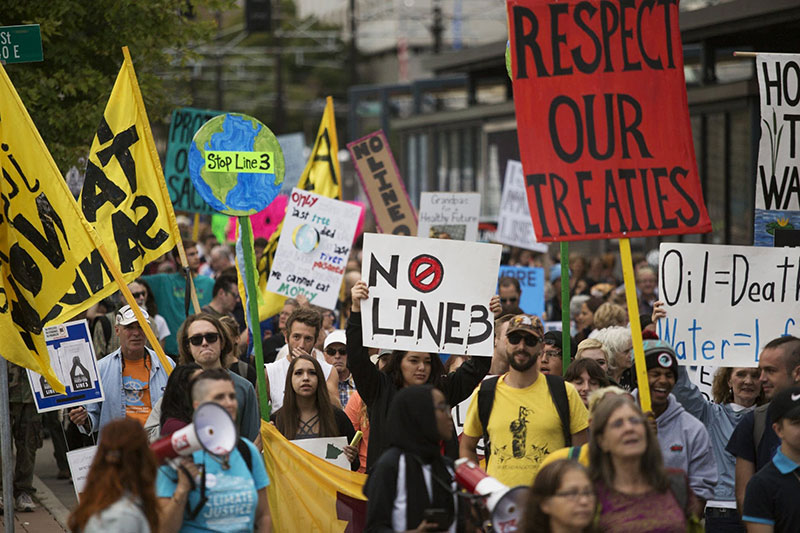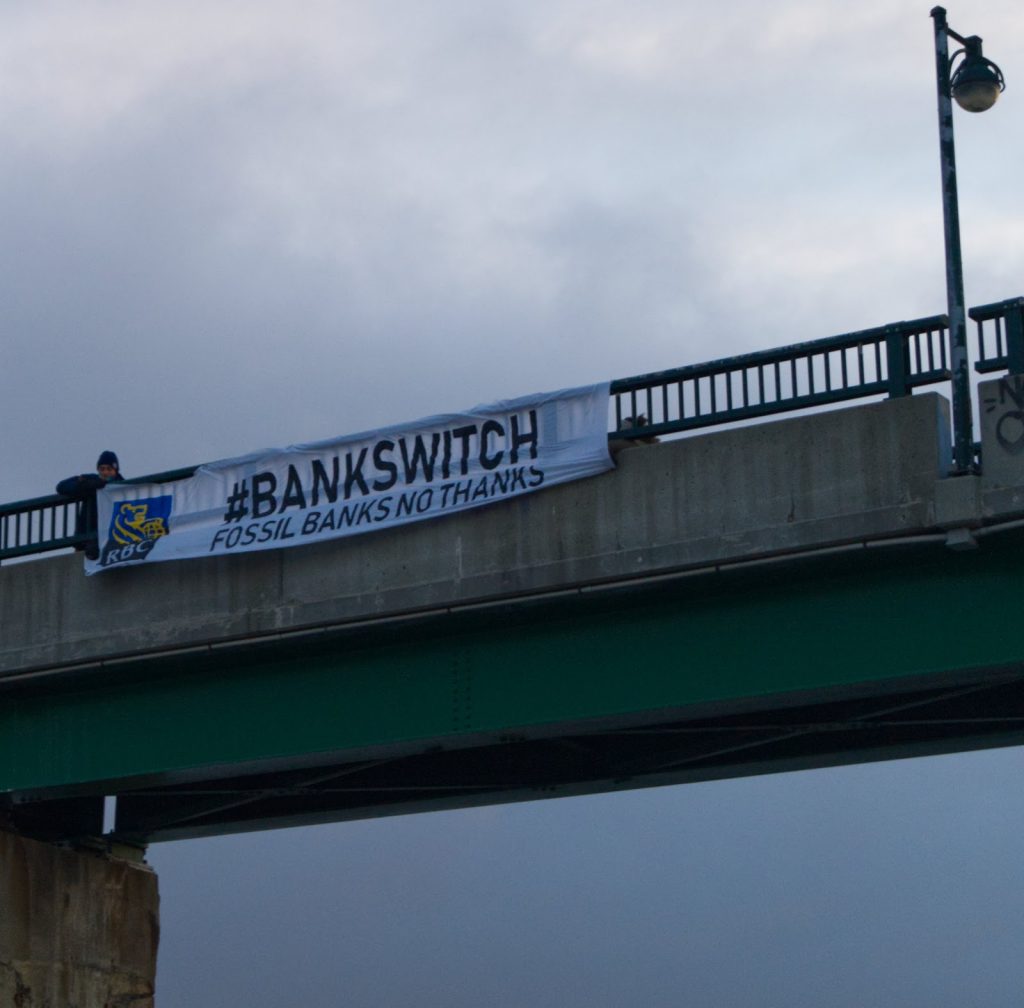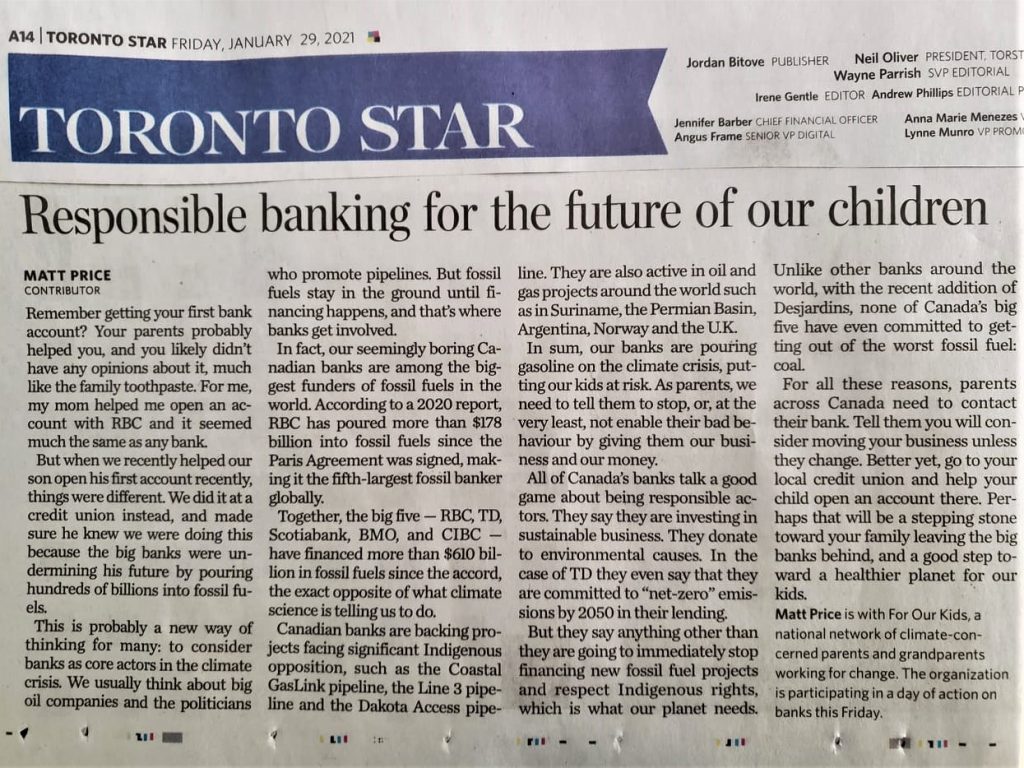US climate czar to banks: make your climate PR real
Politico reported today that John Kerry, US President Biden’s special envoy on climate, is pushing major US banks to go further than their recent vague climate commitments.
Like we’ve seen in Canada recently with TD, RBC, and now CIBC, all five of the biggest American banks have released commitments in the past few months to reach “Net Zero by 2050”.
Savvy climate activists have noted that none of these pledges contain near-term commitments or phase outs of fossil fuel financing.
Well apparently Kerry’s team is being advised by some savvy climate activists, as Politico wrote:
Daniel Firger, managing director of Great Circle Capital Advisors, said so far what banks have publicly pledged on climate is “vague,” and Kerry is now leading a “disambiguation” effort.
“No one knows what they mean yet, including Kerry’s team. But this is where the rubber hits the road,” said Firger. “It’s going to get quite fraught very quickly.”
In meetings with the bankers, Kerry has made an appeal that the public sector alone cannot catalyze the trillions of dollars of investment needed to tame rising emissions, especially in developing nations making investment decisions in electricity and transportation infrastructure that will last decades.
The White House met with environmental and Wall Street watchdog groups on March 9 to discuss its approach to potential financial sector regulations and executive actions to limit risk from climate change-fueled shocks. Groups on the call included the Center for American Progress, Public Citizen, Rainforest Action Network, Sierra Club and 350.org, among others.
A person who participated in the virtual meeting with domestic climate chief Gina McCarthy, her deputy, Ali Zaidi, National Economic Council Director Brian Deese and his deputy, Bharat Ramamurti, said the administration is considering issuing an executive order on climate finance for the April 22 summit.
The Wall Street official, who was not in the meeting, said mandatory disclosure of material climate risks for publicly listed companies is “probably going to be the first mover,” given the body of work already done at the Securities and Exchange Commission for Obama-era voluntary guidelines. Environmental activists, however, have said such rules are merely a starting point.
“From what we’ve been hearing, the plan is to go beyond just disclosures,” said Collin Rees, a senior campaigner with Oil Change International, a group that attended the March 9 meeting.
Canadian banks should be paying close attention. Vague, voluntary commitments to stop doing something that is destroying our future, 30 years further along into the crisis, won’t cut it. We’re glad to see John Kerry and his team realizing that.





